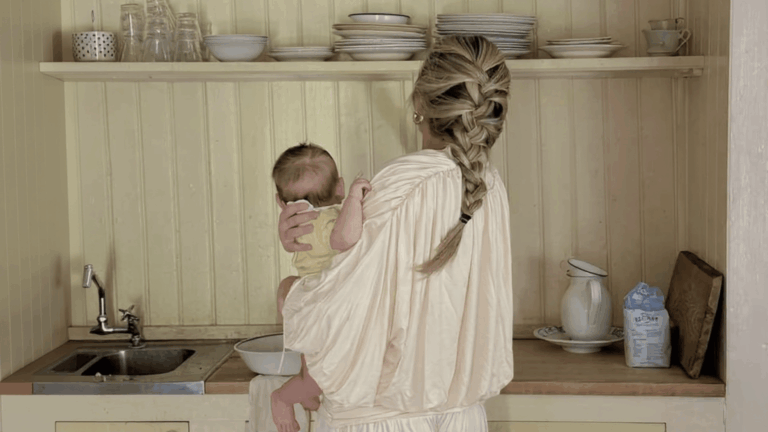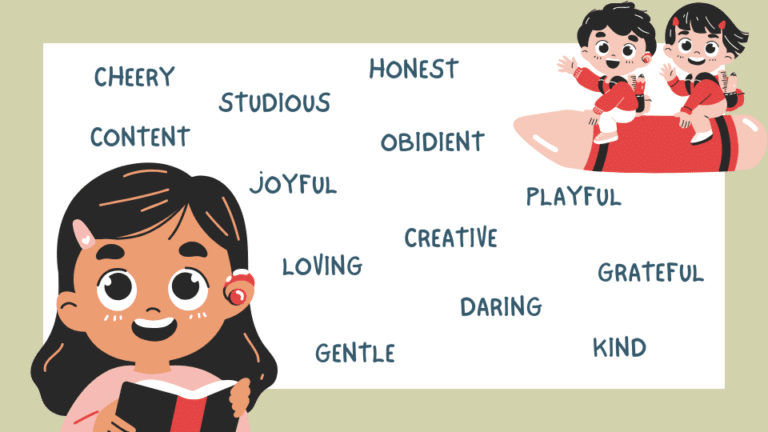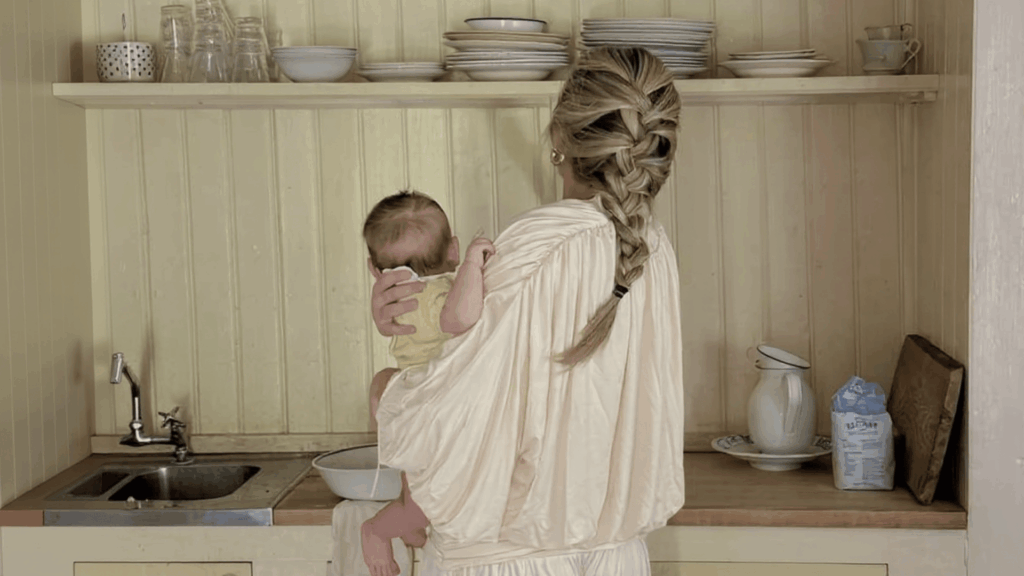You might have selected New Year’s resolutions to make 2025 a year of conscious self-improvement, but why not have your kids participate, too? Whether in kindergarten or heading to college next year, now is a great time to set goals that help them develop healthy habits and perspectives.
1. Create a Bedtime Routine
A bedtime routine tells the body to prepare for slumber. People of all ages need one, especially kids, because they usually fall asleep earlier than their parents. Having your child go to bed later than you planned throws off when your head hits the pillow, too.
This routine may be simpler than you expect. For example, about 90% of them include brushing teeth, as reported by parents in a 2024 study. Additionally, 67% said their kids heard a bedtime story.
Although one-third of those polled said they stayed in the room until their children fell asleep, don’t let doing so interfere with your bedtime plans if taking that approach.
A good bedtime routine combines a parent’s undivided attention and components that signal to a youngster that it’s time to relax and calm down. However, teenagers may want you to be less involved in their routines. That’s understandable, and you can work together to find healthy habits.
2. Find Beneficial Stress-Reduction Methods
Stressful situations happen to everyone, but kids and teens may have trouble verbalizing the
causes or how stress makes them feel. The ideal situation is for them to recognize when they begin feeling under pressure and take proactive steps for improvement.
Just as stress affects people differently, no reduction technique is universally effective. However, if your New Year’s resolutions involve your kids finding ways to feel less stressed, your support will help them figure out what works best.
It may be as simple as mindful breathing, which can make people more focused while lessening their stress. Alternatively, some kids find taking a walk, playing with a pet or talking with a friend more effective.
Remind your kids that progress takes time, and they should not feel discouraged if their chosen method does not make them instantly relaxed. Consider setting a good example by adopting a stress-relief method of your own.
3. Give Back to Others
Explore ways for your kids and teens to set New Year’s resolutions that let them support good causes. One of the best ways to find opportunities is to consider their interests. Young people who are motivated to engage are more likely to feel excited about giving back. Do your children love being outside? Perhaps they could get involved in a community tree-planting day or a park’s litter cleanup.
It’s also important to connect volunteerism with your children’s strengths because this can help them feel more confident. Moreover, in-person activities are not the only ways to do good for others. If your kids have an allowance or your teen has gotten their first job, discuss the possibility of donating to a meaningful cause.
Urge kids to create New Year’s resolutions to help them act without feeling overwhelmed. That may mean giving one weekend day per month to a chosen cause or giving modest, ongoing donations, such as $5 per month.
4. Cut Down on Screen Time
Since most kids spend time on tablets, computers and smartphones during their downtime and to complete class assignments, it’s easy to lose track of screen time. However, a good New Year’s resolution is to calculate the day or week’s average and gradually reduce it.
A 2023 analysis of 33 studies and more than 30,000 participants revealed that screen time changes several brain areas, including those affecting memory, language and visual interpretations. The researchers clarified that kids’ digital experiences could alter their cognitive development, but not always negatively.
Screen time is OK in moderation. Rather than eliminating it, consider making New Year’s resolutions to reduce it and replace it with more stimulating activities.
Look Forward to a Year of Increased Awareness
New Year’s resolutions can motivate your kids by showing them that although the world is full of many things outside their control, specific acts and commitments can make them more intentional.
This raises their recognition of what they can influence and improve, helping them grow and develop positive habits.


















